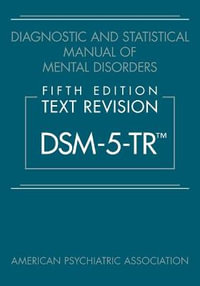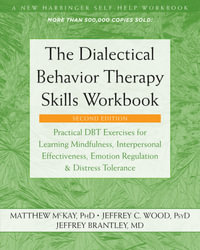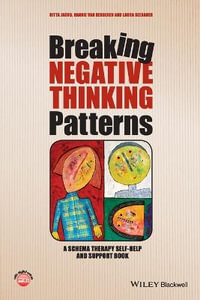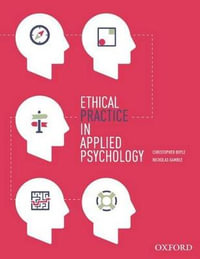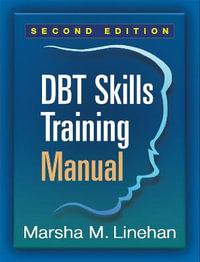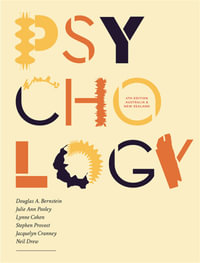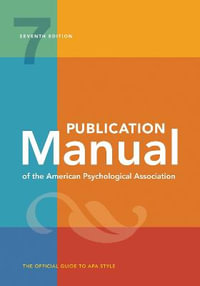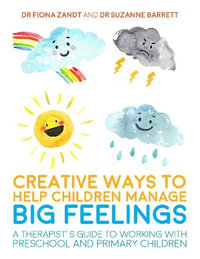| Preface | p. xiii |
| Introduction | p. 1 |
| Early Theories: Preformationism, Locke, and Rousseau | p. 3 |
| Preformationism | p. 3 |
| Locke's Environmentalism | p. 6 |
| Rousseau's Romantic Naturalism | p. 12 |
| Gesell's Maturational Theory | p. 22 |
| Biographical Introduction | p. 22 |
| Principles of Development | p. 23 |
| Philosophy of Child Rearing | p. 29 |
| Evaluation | p. 31 |
| Ethological Theories: Darwin, Lorenz and Tinbergen, and Bowlby and Ainsworth | p. 35 |
| Darwin and the Theory of Evolution | p. 35 |
| Modern Ethology: Lorenz and Tinbergen | p. 39 |
| Bowlby and Ainsworth on Human Attachment | p. 47 |
| Evaluation | p. 67 |
| Montessori's Educational Philosophy | p. 71 |
| Biographical Introduction | p. 71 |
| Theory of Development | p. 72 |
| Early Education in the Home | p. 76 |
| The Montessori School | p. 77 |
| Evaluation | p. 89 |
| Werner's Organismic and Comparative Theory | p. 93 |
| Biographical Introduction | p. 93 |
| Werner's View of Development | p. 95 |
| Some Comparative Studies | p. 100 |
| Symbol Formation: An Organismic View | p. 105 |
| Theoretical Issues | p. 108 |
| Practical Applications | p. 112 |
| Evaluation | p. 115 |
| Piaget's Cognitive-Developmental Theory | p. 118 |
| Biographical Introduction | p. 118 |
| Overview of the Theory | p. 120 |
| Period I. Sensorimotor Intelligence (Birth to 2 Years) | p. 122 |
| Periods II and III. Preoperational Thought (2 to 7 Years) and Concrete Operations (7 to 11 Years) | p. 127 |
| Period IV. Formal Operations (11 Years to Adulthood) | p. 138 |
| Theoretical Issues | p. 140 |
| Implications for Education | p. 143 |
| Evaluation | p. 147 |
| Kohlberg's Stages of Moral Development | p. 157 |
| Biographical Introduction | p. 157 |
| Piaget's Stages of Moral Judgment | p. 158 |
| Kohlberg's Method | p. 159 |
| Kohlberg's Six Stages | p. 160 |
| Theoretical Issues | p. 166 |
| Gilligan on the Feminine Voice | p. 174 |
| Implications for Education | p. 176 |
| Evaluation | p. 179 |
| Learning Theory: Pavlov, Watson, and Skinner | p. 180 |
| Pavlov and Classical Conditioning | p. 180 |
| Watson | p. 183 |
| Skinner and Operant Conditioning | p. 187 |
| Evaluation | p. 201 |
| Bandura's Social Learning Theory | p. 204 |
| Biographical Introduction | p. 204 |
| Basic Concepts | p. 205 |
| Socialization Studies | p. 208 |
| Self-lifftcacy | p. 213 |
| Abstract Modeling and Piaget's Stages | p. 215 |
| Practical Implications | p. 219 |
| Evaluation | p. 221 |
| Vygotsky's Social-Historical Theory of Cognitive Development | p. 224 |
| Biographical Introduction | p. 224 |
| Marx's Views on Human Nature | p. 226 |
| Vygotsky'a Theory of Psychological Tools | p. 228 |
| Memory Aids | p. 232 |
| Speech | p. 232 |
| Play | p. 239 |
| Schooling | p. 240 |
| Practical Applications | p. 245 |
| Evaluation | p. 248 |
| Freud's Psychoanalytic Theory | p. 253 |
| Biographical Introduction | p. 253 |
| The Stages of Psychosexual Development | p. 256 |
| The Agencies of the Mind | p. 268 |
| Practical Implications | p. 276 |
| Evaluation | p. 277 |
| Erikson and the Eight Stages of Life | p. 281 |
| Biographical Introduction | p. 281 |
| Erikson's Stage Theory | p. 282 |
| Theoretical Issues | p. 297 |
| Practical Implications | p. 302 |
| Evaluation | p. 304 |
| Mahler's Separation/Individuation Theory | p. 306 |
| Biographical Introduction | p. 306 |
| Overview of Concepts and Methods | p. 307 |
| Phases of Normal Development | p. 309 |
| Practical Applications | p. 315 |
| Evaluation | p. 316 |
| A Case Study in Psychoanalytic Treatment: Bettelheim on Autism | p. 320 |
| Biographical Introduction | p. 320 |
| The Autistic Syndrome | p. 321 |
| Therapy | p. 322 |
| Evaluation | p. 327 |
| Schachtel on Childhood Experiences | p. 329 |
| Biographical Introduction | p. 329 |
| Basic Concepts | p. 329 |
| Implications for Education | p. 333 |
| Evaluation | p. 334 |
| Jung's Theory of Adulthood | p. 338 |
| Biographical Introduction | p. 338 |
| Personality Structure | p. 341 |
| Theory of Development | p. 344 |
| Practical Implications | p. 348 |
| Evaluation | p. 349 |
| Chomsky's Theory of Language Development | p. 351 |
| Biographical Introduction | p. 351 |
| Basic Concepts | p. 352 |
| Notes on the Growth of Grammar | p. 358 |
| Chomsky and Learning Theory | p. 362 |
| Chomsky and Piaget | p. 368 |
| Implications for Education | p. 369 |
| Evaluation | p. 371 |
| Conclusion: Humanistic Psychology and Developmental Theory | p. 373 |
| Humanistic Psychology | p. 373 |
| Developmentalists as Humanists | p. 379 |
| Epilogue: A Developmental Perspective on the Standards Movement | p. 385 |
| References | p. 396 |
| Name Index | p. 417 |
| Subject Index | p. 423 |
| Table of Contents provided by Ingram. All Rights Reserved. |


